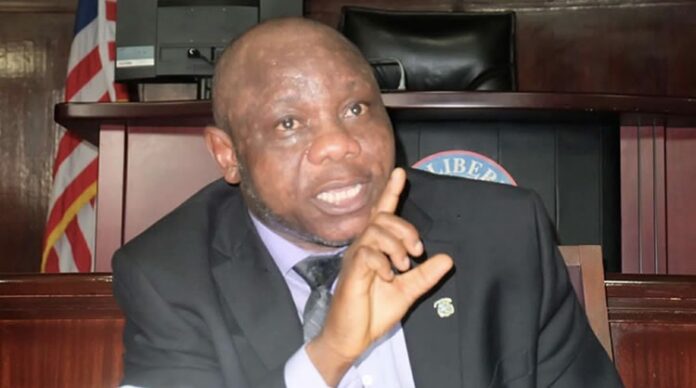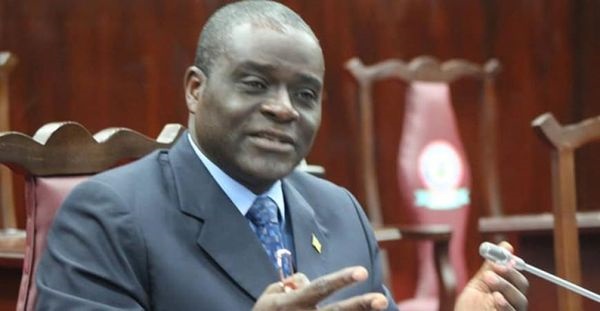MONROVIA – Liberia’s ruling party, the Coalition for Democratic Change (CDC), led by President George Manneh Weah, finds itself on the back foot as the controversial Harmonization policy authored by Finance Minister Samuel Tweah takes center stage in the nation’s political discourse.
The policy, aimed at streamlining the country’s finances, has caused a reduction in civil servants’ salaries, triggering widespread discontent and eroding support for the incumbent government.
The CDC party had campaigned on a platform promising to reduce poverty, create more job opportunities, and enhance the health and education sectors. However, the implementation of the Harmonization policy has had serious consequences, exacerbating the economic struggles faced by ordinary Liberians.
Under the Harmonization policy, civil servants’ salaries were reduced as part of effort to rationalize and optimize public spending. The policy sought to address the long-standing issue of salary disparities within the civil service by aligning the remuneration of government employees with their qualifications, skills, and job responsibilities.
However, the reduction in salaries was not broadened at all with leaked information that some staunch members of the ruling party were not touch in harmonization process. Many civil servants were angered by the measure, leading to widespread protests and mounting public dissatisfaction.
Critics argue that the government’s officials focus on constructing skyscrapers and other ambitious personal projects across the country; further exacerbated the situation.
Adding to the controversy, President George Weah made a surprising statement, claiming he was unaware of the salary cuts imposed on civil servants. This revelation has sparked further outrage among the public, deepening the perception that the government is out of touch with the realities faced by ordinary Liberians. Even though the President has order the reverse of the policy the controversial finance minister is ignoring the him.
As the country approaches the upcoming elections, the CDC party finds itself grappling with the consequences of the Harmonization policy. Opposition parties have seized the opportunity to capitalize on the discontent, promising to reverse the salary cuts and provide relief to the struggling civil servants.
The electorate’s dissatisfaction with the current administration’s handling of the Harmonization policy has significantly impacted public opinion, eroding the support base of the CDC party. The upcoming elections are expected to be fiercely contested, with voters demanding accountability and tangible solutions to address the economic hardships faced by the nation.
In response to mounting pressure, President Weah has vowed to review the Harmonization policy and rectify the salary reductions. However, critics argue that this commitment may be too little, too late, as the damage has already been done, tarnishing the CDC party’s reputation and chances of re-election.
The outcome of the elections will ultimately determine whether the Harmonization policy becomes a turning point in Liberia’s political landscape, highlighting the need for more inclusive and transparent decision-making processes in shaping the country’s financial policies.







